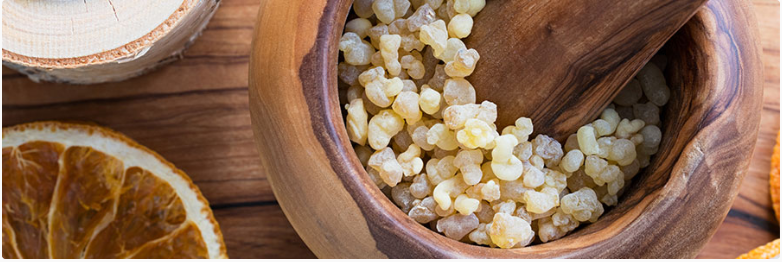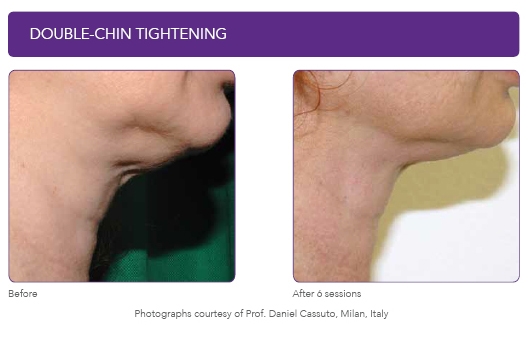
Curcumin and Boswellia are a Powerful Combination!
Boswellia Serrata, the most commonly used form of the species, is gum resin extracted from a tree native to India and Arabia. It is also sometimes referred to as Indian frankincense. Research demonstrates that boswellia is especially beneficial in supporting joint health. The sap from the tree contains key compounds known as boswellic acids. Researchers have found that boswellic acids influence leukotriene and prostaglandin synthesis.
Curcumin (Curcuma longa) is the active compound found in the spice turmeric. This spice is a common seasoning in many ethnic cuisines including India. Curcumin has been shown to support healthy inflammation in a variety of ways. A primary function of curcumin is to influence NF-κB signaling and proinflammatory cytokines. Similar to boswellia, curcumin has been shown to specifically support joint health.
“Turmeric and frankincense are two herbs with ancient medicinal usage undergoing intense scrutiny and study for their modern applications and mechanisms of action,” concluded Jeremy Appleton, ND, in a review update he wrote for the Natural Medicine Journal in 2011. He states that the active compounds in these plants “work via multiple mechanisms, rather than targeting a single enzyme or receptor.”
Working on multiple pathways together is probably the reason these two herbs in particular have been studied so extensively. Their ability to support joint health and healthy inflammation systemically is significant.
Curcumin and boswellia are now being combined in several dietary supplement formulations designed to support joint health and overall wellness. It’s a logical combination that is being applied to clinical practice by a wide variety of integrative medical professionals. It’s likely that the research will continue to support the use of this powerful combination.
Boswellia Serrata, the most commonly used form of the species, is gum resin extracted from a tree native to India and Arabia. It is also sometimes referred to as Indian frankincense. Research demonstrates that boswellia is especially beneficial in supporting joint health. The sap from the tree contains key compounds known as boswellic acids. Researchers have found that boswellic acids influence leukotriene and prostaglandin synthesis.
Curcumin (Curcuma longa) is the active compound found in the spice turmeric. This spice is a common seasoning in many ethnic cuisines including India. Curcumin has been shown to support healthy inflammation in a variety of ways. A primary function of curcumin is to influence NF-κB signaling and proinflammatory cytokines. Similar to boswellia, curcumin has been shown to specifically support joint health.
“Turmeric and frankincense are two herbs with ancient medicinal usage undergoing intense scrutiny and study for their modern applications and mechanisms of action,” concluded Jeremy Appleton, ND, in a review update he wrote for the Natural Medicine Journal in 2011. He states that the active compounds in these plants “work via multiple mechanisms, rather than targeting a single enzyme or receptor.”
Working on multiple pathways together is probably the reason these two herbs in particular have been studied so extensively. Their ability to support joint health and healthy inflammation systemically is significant.
Curcumin and boswellia are now being combined in several dietary supplement formulations designed to support joint health and overall wellness. It’s a logical combination that is being applied to clinical practice by a wide variety of functional nutritional professionals. It’s likely that the research will continue to support the use of this powerful combination.






